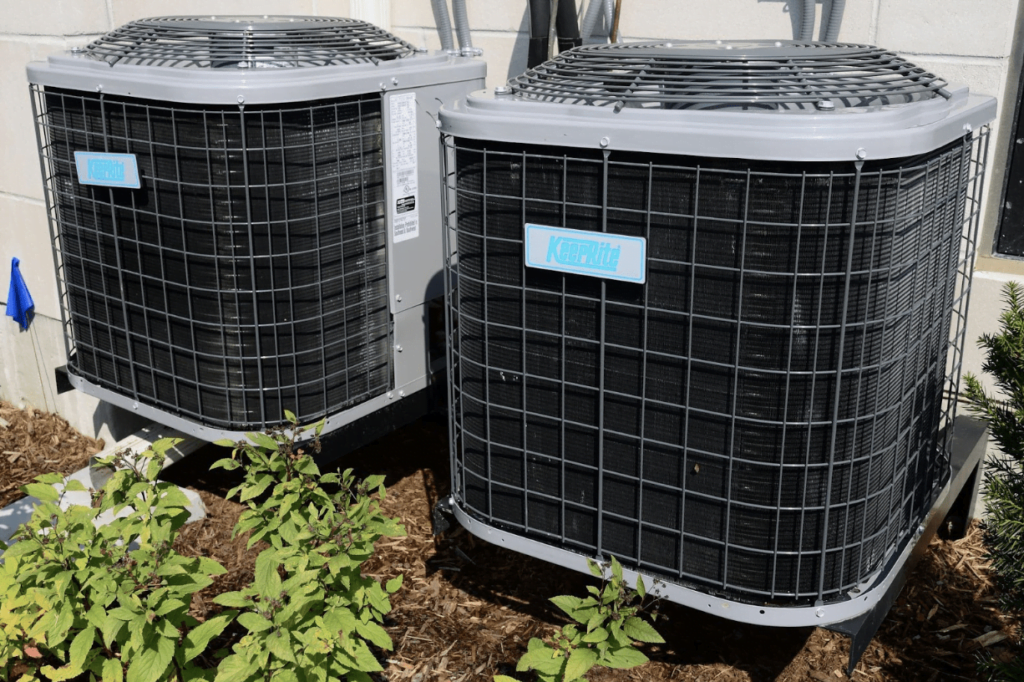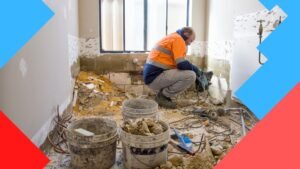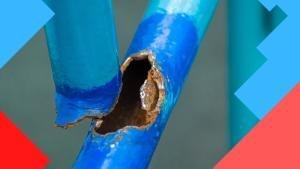Good Foundations: How You Can Cover Even the Biggest Home Repairs
Owning a home is a lifelong dream for many people, but with it comes a lot of responsibility. Home repairs can be costly, so it’s good to not only have a rainy-day fund ready, but to be prepared for when things break down.
Creating an Emergency Fund

If you think that your home insurance will be enough in times of emergency, you may be unfortunately mistaken. There are important things that insurance may not cover. Power outages can overload anything electronic, an expense that is typically not covered. Mold, anything considered neglect, sewage backups, many natural disasters, or things deemed luxury items are all questionable, so you need to plan for maintenance and repairs yourself. When something important breaks and insurance won’t cover it, you don’t want to have to save up to replace it. For example, if your toilet malfunctions, you cannot wait to fix it until your next paycheck comes. That’s why you should be setting aside money every month to cover repairs and maintenance. This way, you have some cushion for when things go wrong.
Learn Your Systems
One way to keep repair costs low is to teach yourself about the systems that keep your household functioning. This includes your oven, your toilet, and your home’s HVAC system. You may have to look up guides online to get comfortable, especially if you no longer have an original copy of the owner’s manual. Thankfully, there are websites that provide many different kinds of manuals, such as refrigerators from various manufacturers. If you learn about your system, you can protect yourself if something goes wrong. By understanding how things like your oven work, you will also know how to properly use them to keep them in good condition.
Choosing a Contractor
When things do need major repairs around the home, it’s crucial that you hire the right contractor for the job. Major repairs can be quite expensive (they average $26,541 in Los Angeles), but you don’t want to simply go with the cheapest contractor. You need to choose a professional who won’t take you for a ride. Some signs to look out for are anyone who seems to come up with more problems than others you have estimates from, and people who want to be paid before they do the work. You should also be on the lookout for anyone who only gives a verbal quote rather than one who puts things in writing. Once you do refine your search, make sure that all of your candidates have good reviews. Again, you don’t simply want to go with the lowest bid. There might be a reason they are charging less than everyone else, and it may speak to their work ethic. Ensure they are properly licensed, and carefully read your contract before you sign it.
Do Basic Maintenance
If you make sure that your machines are clean and do regular maintenance, you can extend the life of your home and give yourself a better chance at preventing accidents. There are many tutorials you can access online, but don’t overlook places like the Home Depot, which offers free home project courses. Don’t take on anything you are unsure of, however. If you make a mistake, you may injure yourself or cause an issue that would otherwise have been avoided. Read up, attend tutorials, and talk to your contractors while they work. They can often give you advice about how to clean your home’s major systems, like your HVAC unit, to keep them fine-tuned between scheduled maintenance.
Putting away money every month for an emergency fund can take discipline, but it will be worth it when you need it. Take care of the systems you have, and learn how they run so you can clean them yourself. This way, you’ll know what needs repairing when it comes time, and can hire the right contractor for the job.
This article was provided as a guest post by Julian Lane at www.thefixitchamp.com – Thank you Julian!



